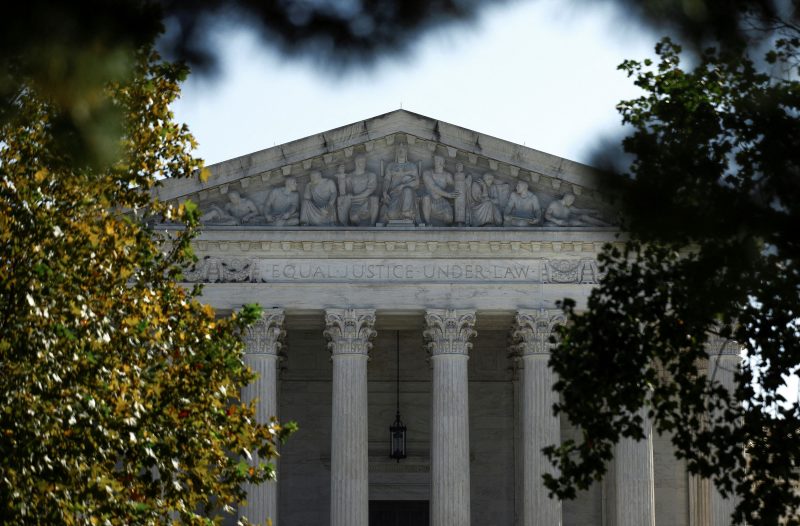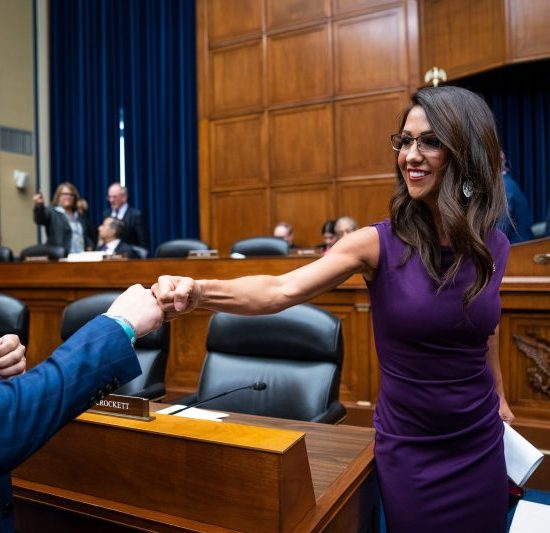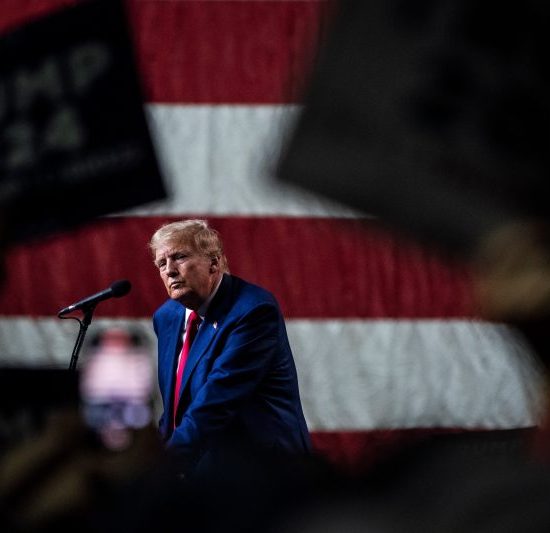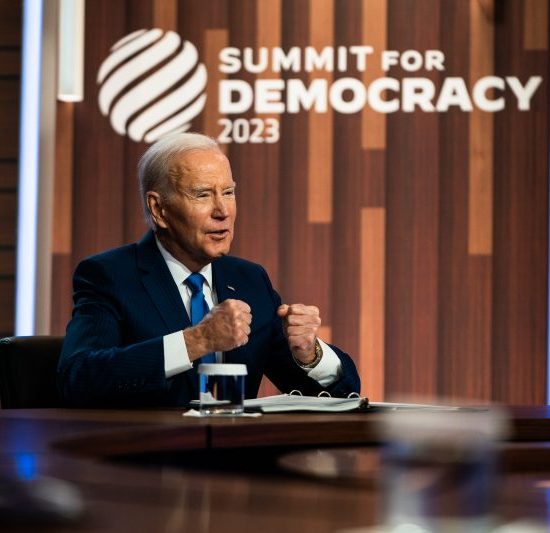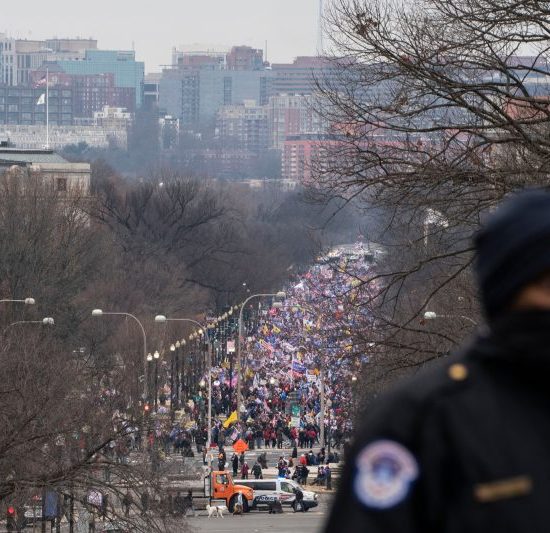The issue of whether or not public officials should be able to block social media users for criticizing them, is currently under review in a high court. Officials’ blocking of outside opinion has been a controversial topic for many years, yet recently the trend of government officials blocking those with dissenting views has risen sharply, prompting renewed interest in this matter.
The United States Supreme Court is–at the time of writing–presently hearing oral arguments over the topic of elected officials blocking individuals from their social media accounts. The case regards a citizen of Virginia who was blocked from a local Board of Supervisors’ Facebook page and is consequently claiming violation of his First Amendment rights. His argument is that refusal to accept criticism in this format is a form of regulation of speech, thus suggesting the presence of censorship.
Politicians, such as President Donald Trump, have been blocked by social media sites for violating platform rules, however, turning the tables, the constitutionality of elected officials blocking citizens for criticism of their policies and comments is a troubling notion. The American Civil Liberties Union has stated that preventing social media users from engaging in criticism of elected officials is approachable as a form of censorship.
Though the United States Constitution protects citizens from censorship and dictates freedom of expression and opinion, the power of elected officials lies in whether or not they choose to allow and consider criticism to inform their policies. Refusal to engage with dissenting opinions, especially when those opinions are voiced by the same people elected officials are meant to advocate for, can be considered abandonment of their responsibility to the public.
The facts of this case are sure to be under much scrutiny and will set a new precedent in the regulation of expression on public platforms. While this court case just applies to Virginia, it will be interesting to see how the conversation unfolds and how it will affect the way citizens interact with elected officials in the future.
No matter the outcome of the case, it will be important to always remind elected officials of their responsibilities to listen and take feedback from the public. A rule-abiding dialogue among public officials and their constituents is essential if we are to achieve a transparent and accountable government.

